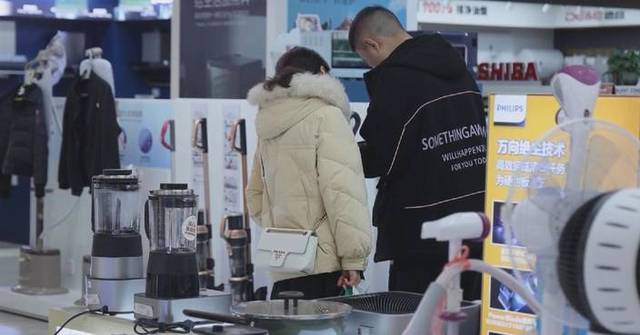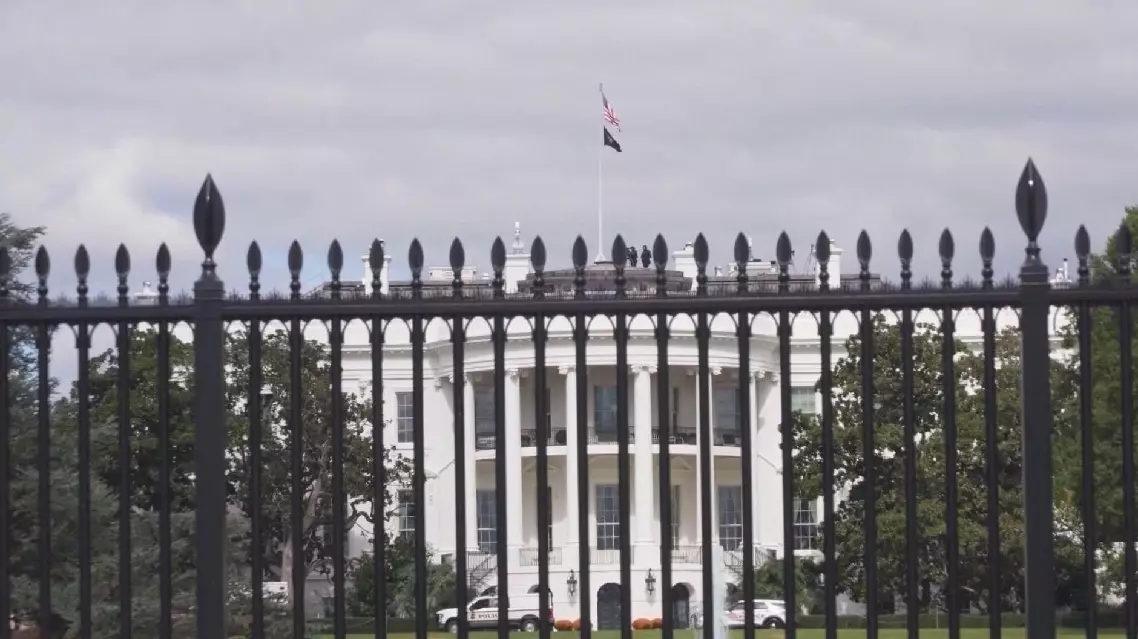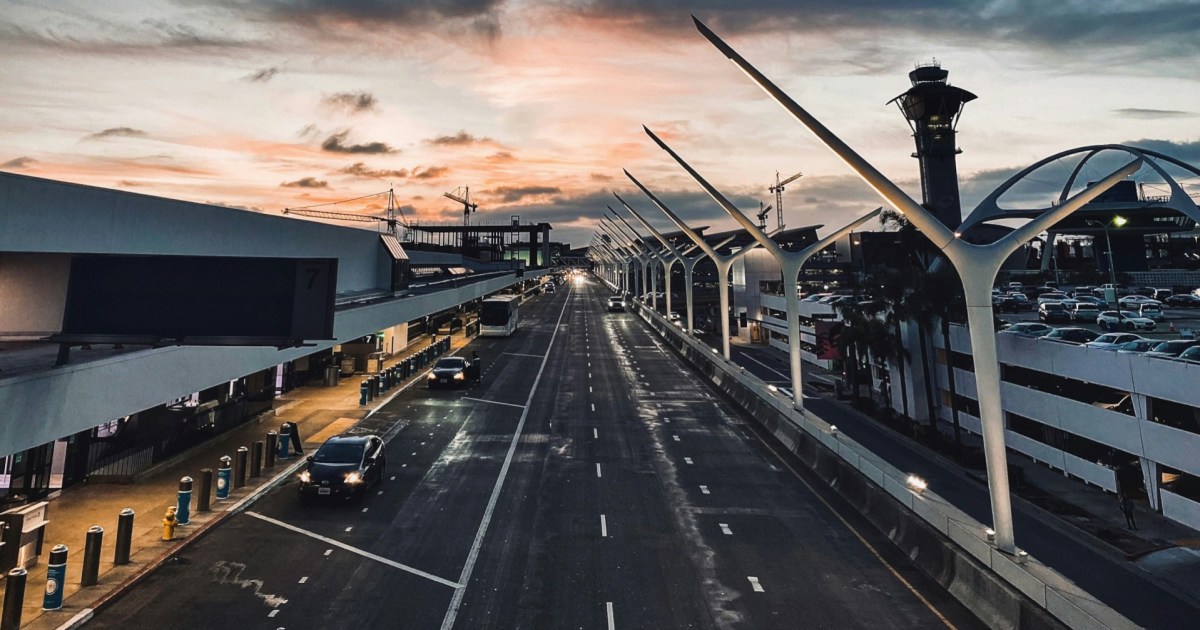East China provinces of Zhejiang and Jiangsu introduced a series of measures and trade-in policies and have boosted consumption during the Qingming Festival holiday, from movie-going to car and home appliance purchases.
Qingming Festival, which falls on April 4 this year, is a traditional Chinese festival for honoring ancestors, and it is a three-day holiday for Chinese people to relax and engage in social activities and family outings. The two provinces made more efforts in executing the newly pushed stimulation policies for consumption during the holiday.
In Jiangsu, the government issued cinema vouchers and attracted more moviegoers. A total of 15 films hit the screen during the three-day holiday, covering multiple genres to attract all groups of people.
Used car trade-in policies are extended in the province. Many citizens chose to buy new cars during the break, making full use of the policy and the holiday.
“I happen to have an old car that was bought around 2010 and is due to be scrapped. My family has been driving it for years. With the current scrappage subsidy policy, the government offers up to 20,000 yuan (about 2,747 U.S. dollars), which is quite a good deal,” said Mr. Feng from Nantong City of Jiangsu.
Zhejiang Province’s Tonglu City expanded the coverage of its regional trade-in policies from eight categories to 12 and organized fairs for home-appliance brands to boost sales.
Night markets in commercial streets in Jiangsu are the best places to see brisk holiday activities, where tourists and shoppers enjoy newly introduced performances and sales promotion events.
In Jiangsu’s coastal city, Lianyungang, a tourist from central China’s Henan Province, Wang Zihan, said, “It is quite lively here, and you can watch performances over there. The seafood is also quite good. I would come back to Lianyungang next time, as I really enjoy the atmosphere.”
More reported sales of gold and home appliances are in the adjacent province of Zhejiang, thanks to government stimulation and trade-in policies.
A department store in Zhejiang’s capital city, Hangzhou, set up special counters to promote top brands and attract sales during the holiday.
“The gold price is quite good with the activities of the mall and deductions of the store,” said Ms. Hu, a resident of Hangzhou.
Provinces in China see boosted consumption during Qingming Festival holiday
Governments in the EU, Canada, ASEAN, and Mexico are ramping up actions against the United States’ latest tariff hikes, signaling a growing international backlash and the potential for escalating trade disputes in the coming weeks.
Amid rising global concern, U.S. President Donald Trump on April 2 signed an executive order imposing a 10-percent “minimum baseline tariff” on all imports, with elevated rates for specific countries.
In response, trade ministers from EU member states convened in Luxembourg on Monday to discuss a unified strategy against the United States’ proposed new round of steep tariffs on EU imports.
According to multiple media reports, the European Commission has proposed retaliatory tariffs of 25 percent on a range of U.S. products, including soybeans, nuts, diamonds, eggs, dental floss, sausages, and poultry. These measures are aimed directly at countering U.S. tariffs on European steel and aluminum.
If approved, the EU’s new duties are expected to take effect on April 15, though most tariffs would begin to be collected in mid-May. Tariffs on soybeans and various nuts are scheduled to start on December 1.
EU member states will vote on the proposal on April 9. Under current EU rules, the measure will pass unless a “qualified majority” of at least 15 member states – representing at least 65 percent of the EU’s population – vote against it.
Meanwhile, the World Trade Organization (WTO) announced on Monday that Canada has formally requested consultations with the U.S. under the WTO’s dispute settlement mechanism. This comes in response to the U.S. decision to impose a 25 percent tariff on imported automobiles and certain auto parts. Canada argues the measure violates U.S. obligations under the General Agreement on Tariffs and Trade (GATT) 1994.
Elsewhere, Malaysian Prime Minister Anwar Ibrahim on Monday said during a meeting that Malaysia, as the current chair of ASEAN, will work to strengthen communication among member nations and coordinate a joint response to the U.S. tariff moves. Anwar emphasized that ASEAN cannot afford to take the new U.S. tariffs lightly amid rising global economic and political uncertainty.
ASEAN economic ministers are scheduled to meet on April 10 to discuss a collective strategy.
In Mexico, President Claudia Sheinbaum said on Monday that her government does not rule out imposing reciprocal tariffs on the U.S. but stressed that she would pursue all diplomatic avenues to avoid escalating prices for Mexican consumers.
U.S. tariff policies spark global pushback from Europe, Asia, North America



